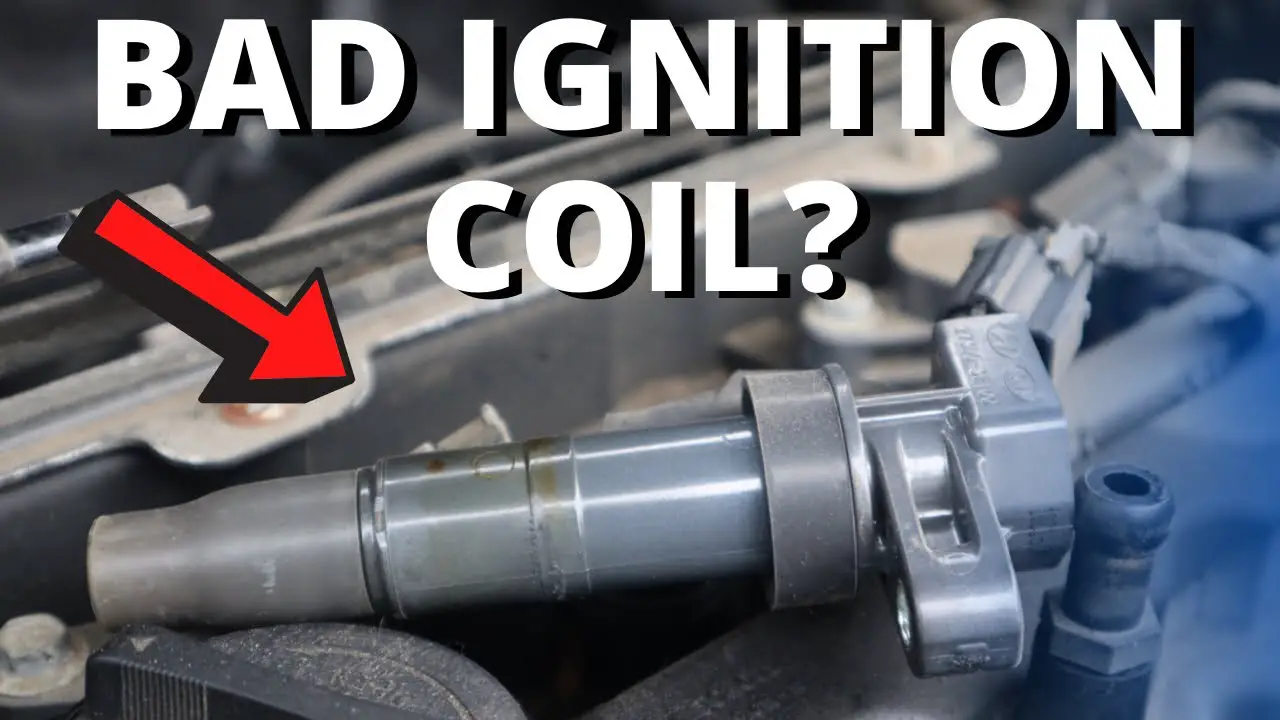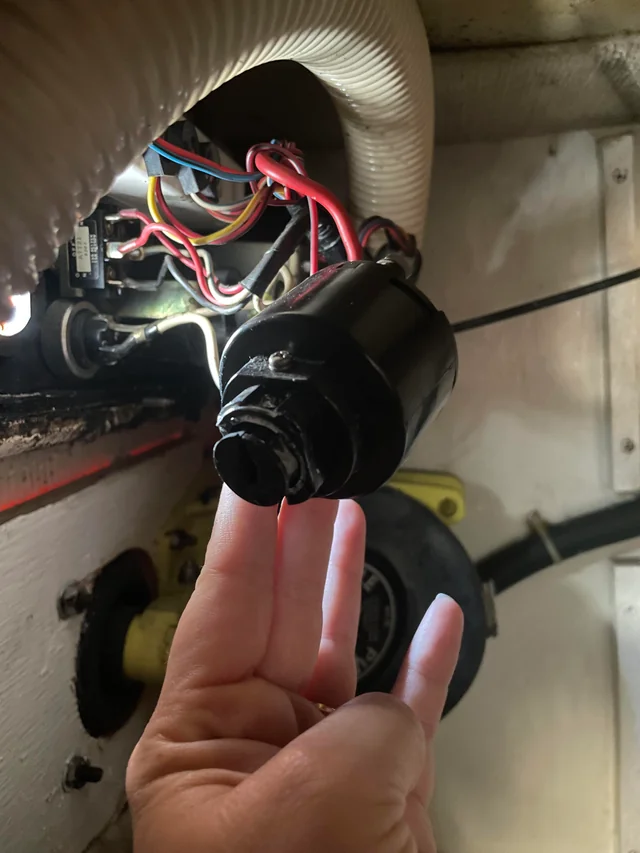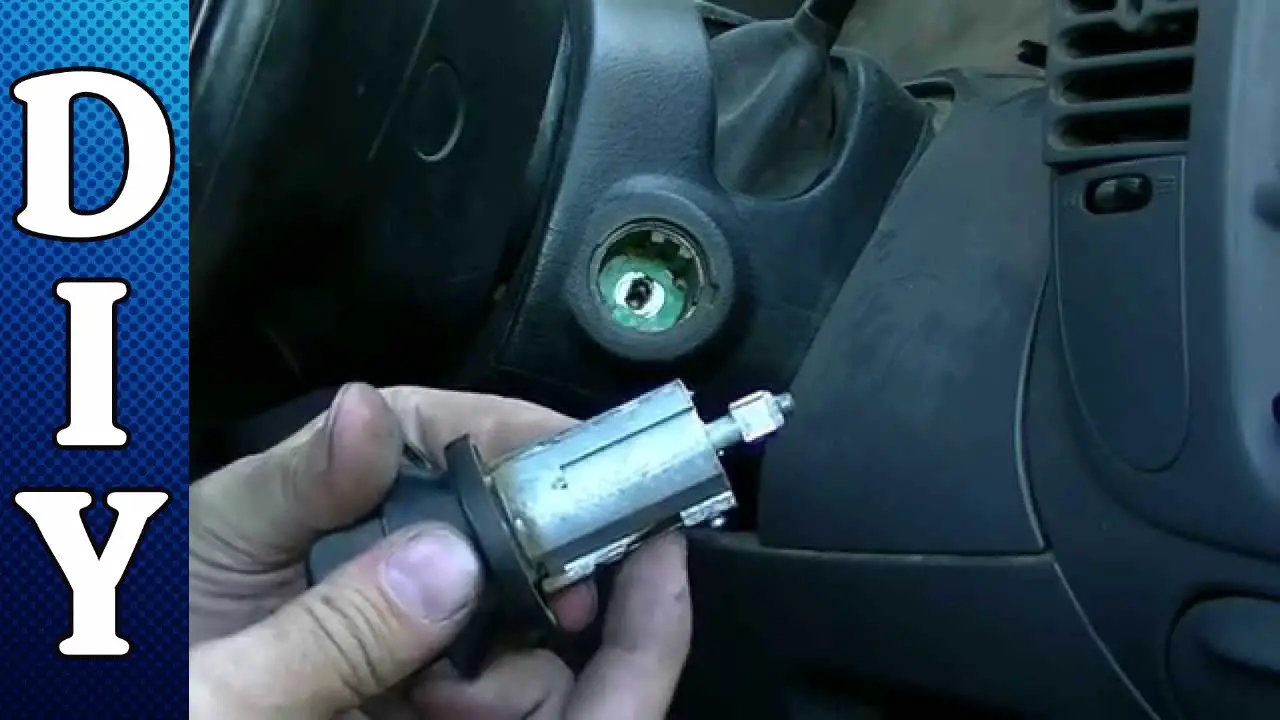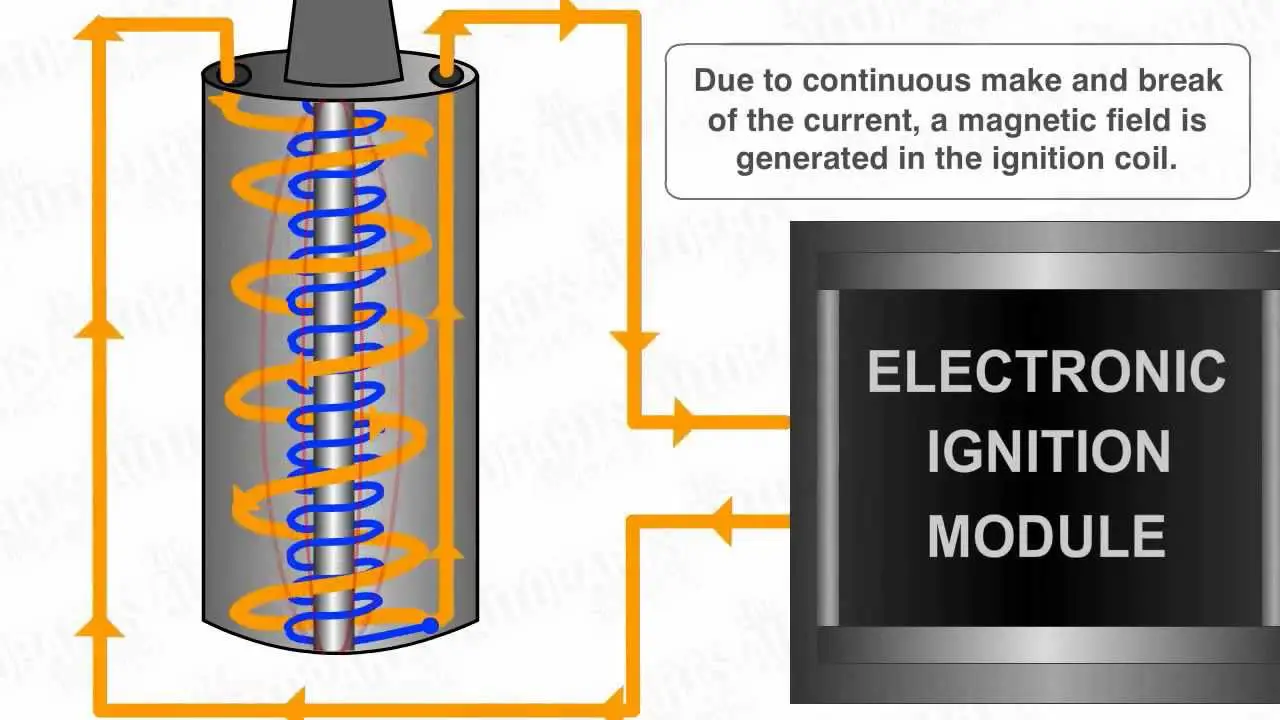Bad ignition coil symptoms include engine misfires, rough idling, stalling, decreased fuel efficiency, and difficulty starting the car. Ignition coils play a crucial role in the proper functioning of a vehicle’s engine.
When a coil fails, it can lead to various performance issues, affecting the overall driving experience. Recognizing these symptoms early on can prevent further damage to the engine and ensure a smooth driving experience. If you notice any of these signs, it is advisable to have your ignition system checked by a professional mechanic to address the issue promptly.
Ignoring bad ignition coil symptoms can result in more severe problems and potentially costly repairs down the line.
Contents
Early Bad Ignition Coil Symptoms
One of the key bad ignition coil symptoms is rough engine idling or stalling. Another early warning sign is a decrease in fuel efficiency and engine misfires. Pay attention to these indicators to catch ignition coil issues early.
When it comes to the performance of your vehicle, the ignition coil plays a crucial role. Responsible for converting the battery’s low voltage into the high voltage needed to ignite the fuel, a failing ignition coil can lead to a host of issues.
Recognizing the early warning signs of a failing ignition coil can help you address the problem before it escalates, potentially saving you from costly repairs down the line.
Engine Misfires
One of the early warning signs of a failing ignition coil is engine misfires. These misfires occur when the ignition coil fails to provide enough voltage to the spark plugs, resulting in incomplete combustion of the fuel mixture.
As a result, you may experience a noticeable loss of power, a rough running engine, or even a flashing check engine light. If you notice your vehicle jerking or hesitating during acceleration, it’s important to have your ignition coil checked as soon as possible.
Rough Idles
Another common symptom of a failing ignition coil is rough idles. When the ignition coil is not functioning properly, it can disrupt the engine’s idle speed and cause it to become unstable. This can result in a rough or erratic idle, where the engine may sputter, shake, or even stall.
If you notice your vehicle idling abnormally or experiencing difficulty in maintaining a steady idle, it may be a sign of a failing ignition coil that requires attention.
In addition to engine misfires and rough idles, there are other symptoms that may indicate a failing ignition coil. These can include:
- Decreased fuel efficiency
- Difficulty starting the engine
- Increased emissions
- Loss of engine power
- Engine backfiring
If you experience any of these symptoms, it is recommended to have your vehicle inspected by a qualified mechanic. Ignoring the early warning signs of a failing ignition coil can lead to further damage to your vehicle’s engine and potentially leave you stranded on the side of the road.
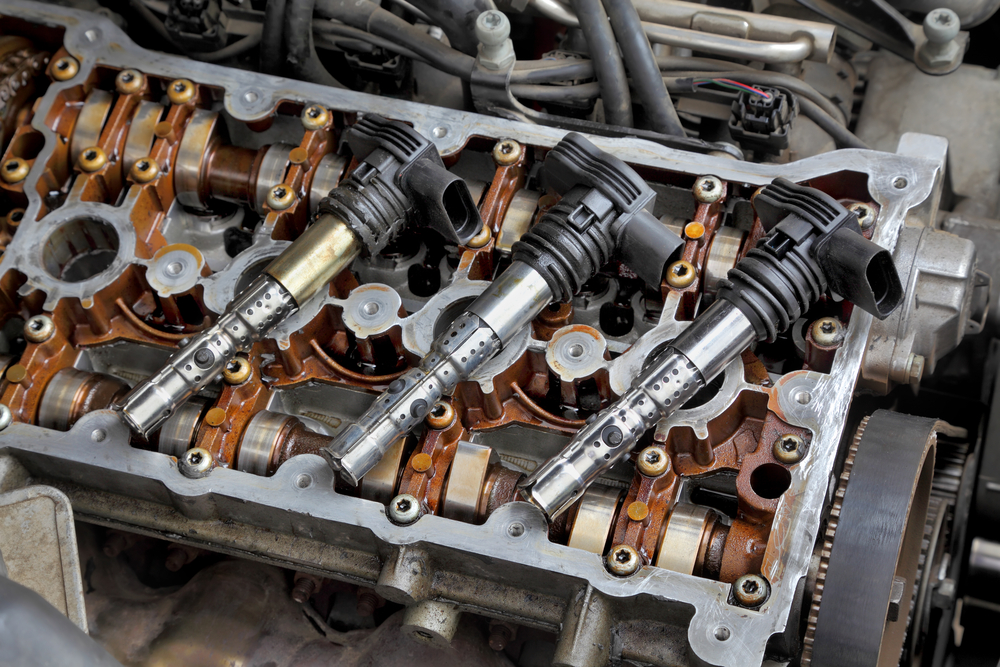
Credit: www.cadillacatservice.com
Electrical Issues And Performance Decline
When it comes to your vehicle’s performance, electrical issues and performance decline can be a major concern. Faulty ignition coils can lead to a variety of symptoms that impact the overall drivability of your car. Here, we’ll explore the specific signs of electrical issues and performance decline caused by bad ignition coils.
Stalling And Power Loss
One of the most noticeable symptoms of a bad ignition coil is stalling and power loss. When the ignition coil fails, it can disrupt the engine’s firing sequence, causing the vehicle to stall unexpectedly. Additionally, you may experience a significant decrease in power, making it difficult to accelerate or maintain consistent speed.
Poor Fuel Economy
Another consequence of bad ignition coils is poor fuel economy. When the ignition coil malfunctions, it can lead to incomplete combustion in the engine, resulting in increased fuel consumption. This can translate to more frequent trips to the gas station and higher fuel costs over time.
Advanced Bad Ignition Coil Symptoms
Advanced symptoms of a bad ignition coil include engine misfires, rough idling, and decreased fuel efficiency. Ignoring these symptoms can lead to potential damage to the catalytic converter, spark plugs, and even the engine.
When it comes to bad ignition coil symptoms, there are some advanced signs that you should be aware of. These symptoms can indicate potential damage to your vehicle and should not be ignored. In this section, we will explore two key indicators of advanced ignition coil problems: unburned fuel smell and catalytic converter damage.
Unburned Fuel Smell
If you notice a strong smell of unburned fuel coming from your vehicle, it could be a sign of a bad ignition coil. The ignition coil is responsible for providing the spark that ignites the fuel in the combustion chamber. When the coil is faulty, it may not provide a strong enough spark, resulting in incomplete combustion. This can lead to the smell of unburned fuel lingering in the air.
In addition to the unpleasant odor, an unburned fuel smell can also indicate decreased fuel efficiency and poor engine performance. If left unaddressed, this issue can potentially lead to more severe damage to other engine components.
Catalytic Converter Damage
The catalytic converter plays a crucial role in reducing harmful emissions from your vehicle’s exhaust system. However, a faulty ignition coil can cause an imbalance in the air-fuel mixture, leading to unburned fuel reaching the catalytic converter. Over time, this can result in overheating and damage to the converter.
Signs of catalytic converter damage include reduced engine power, decreased fuel efficiency, and the illumination of the check engine light. If you experience any of these symptoms, it is essential to have your vehicle inspected by a qualified mechanic to determine if a bad ignition coil is the root cause.
Addressing ignition coil issues promptly is crucial to prevent further damage to your vehicle. If you suspect a bad ignition coil based on the advanced symptoms discussed above, it is advisable to seek professional assistance to diagnose and resolve the problem.

Credit: www.autozone.com
Frequently Asked Questions
Here are some FAQs about the sign of bad ignition coil –
How Can You Tell If An Ignition Coil Is Bad?
A bad ignition coil can cause engine misfires, stalling, and rough idling. Symptoms of a bad coil also include reduced fuel economy and difficulty starting the engine. You can test the coil using a multimeter to check for resistance and continuity.
If either reading is outside of the manufacturer’s specifications, it’s time for a replacement.
What Happens If You Run Car With Bad Ignition Coil?
Running a car with a bad ignition coil can lead to rough idling, poor fuel economy, and difficulty starting the engine. It can also cause damage to the catalytic converter and other engine components. It’s important to address ignition coil issues promptly to avoid further damage to the vehicle.
What Are The Symptoms Of A Faulty Ignition System?
Common symptoms of a faulty ignition system include engine misfiring, stalling, difficulty starting the car, and decreased fuel efficiency. Additionally, you may experience rough idling and a lit check engine light. If you notice these signs, it’s important to have your ignition system checked by a professional mechanic.
What Can Cause Ignition Coils To Go Bad?
Age, heat, vibration, and corrosion are the major causes of ignition coil failure. Over time, the insulation on the coil can break down, leading to short circuits and coil failure. Additionally, exposure to high temperatures and vibrations can cause internal components to loosen, leading to coil failure.
Corrosion can also damage the coil’s connections and lead to failure.
What Are The Common Signs Of A Bad Ignition Coil?
Common signs include engine misfires, rough idling, decreased fuel efficiency, and difficulty starting the engine.
Conclusion
Recognizing bad ignition coil symptoms is important for maintaining vehicle performance. Early detection and prompt action can prevent engine misfires and other serious issues. Stay proactive and address any signs of a faulty ignition coil to ensure smooth and efficient driving experiences.

